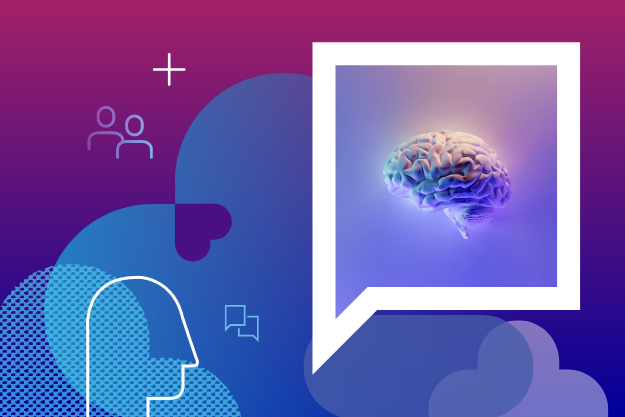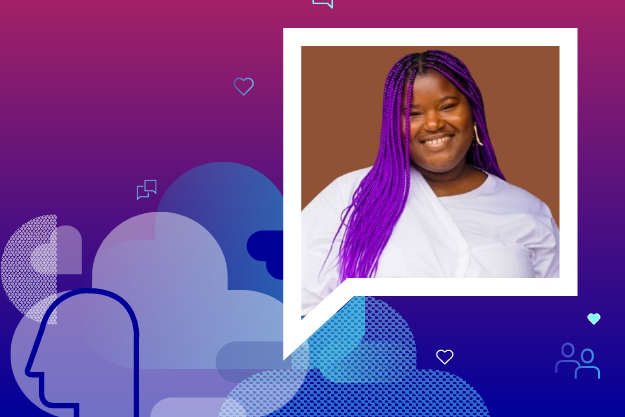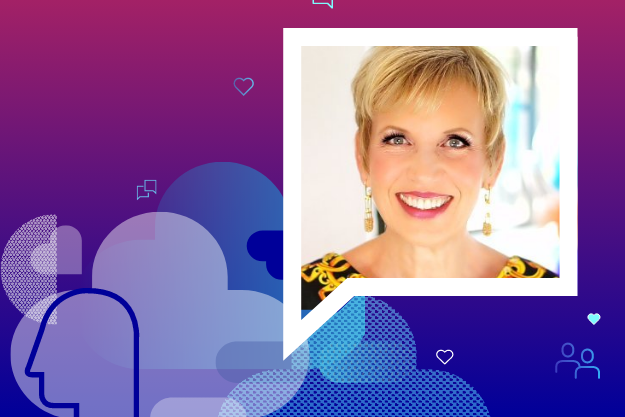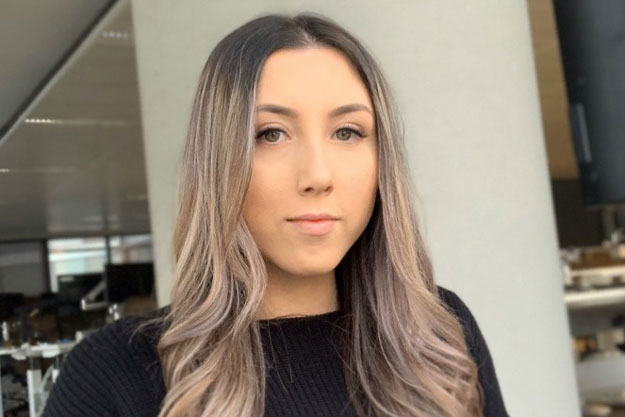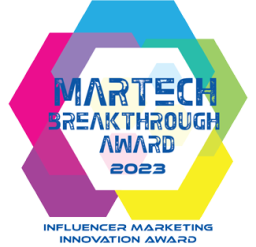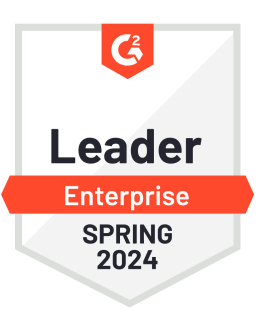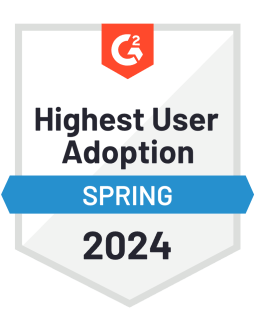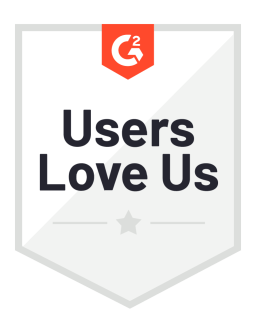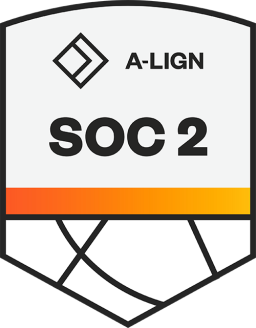Ever since OpenAI’s ChatGPT took the internet by storm in late 2022, the rapid growth of artificial intelligence (AI) has remained a hot topic among marketers seeking to understand its impact on business. While many individuals have been hesitant to embrace the technology and fear it may end up replacing jobs, others have shared their excitement around the potential these models bring to innovative marketing strategies.
While AI will inevitably replace some roles, its potential opens the door to a new set of career opportunities, especially for users who take the time to understand how the technology can boost productivity. As a marketer, staying up to date with the trends and advancements in generative AI is a smart way to position yourself for success as the digital landscape continues to evolve.
Read on to see what industry leaders are saying about the relationship between generative AI and marketing, and what its future holds.
What is Generative AI?
Generative AI refers to algorithms with the ability to create original content like photos and text based on examples and data already existing online. ChatGPT is an example of this; share a prompt, and the algorithm will produce a text response in seconds, using data from various sources across the internet.
While several generative AI algorithms are free to users, others offer more robust paid plans to unlock additional tools. Existing marketing platforms have also implemented AI into their existing interfaces, like Emplifi’s AI composer that generates ready-to-publish social media copy for individual posts.
A few other examples of Generative AI include:
Jasper: produce blog content, email drafts, and marketing copy from a topic
DALL-E 2: create realistic images from a text prompt
Synthesia: designs video content featuring avatars or real actors
Craiyon: generate artwork, photos, and graphics from a text prompt
Semrush SEO Writing Assistant: provides content suggestions for improved SEO
Community perspectives on Generative AI and marketing
AI isn’t just a buzzword online. Marketers are already leveraging algorithms like ChatGPT daily to increase their productivity. In terms of producing original written content like blog articles and social media copy, many marketers agree that the technology has a ways to go in order to sound natural and human-like.
While freelance social media manager Aastha Duggal values generative AI as a useful springboard for content creation, she explains that, from her perspective, it lacks a personal touch that only humans can bring to the table (at least for now).
I’ve been seeing so many people getting laid off :(
— Aastha Duggal | Freelance Social Media Manager (@AasthaDuggal3) May 29, 2023
Companies replacing writers with AI, I have a question for you…
How?
- How does AI get you a personal insight?
- Who manages the AI for you?
- What gives you exclusive content that others can’t have?
I know all the…
The quality of original content produced by AI is especially relevant to full-time influencers and creators. As models producing text, artwork, and video content continue to improve, artists and creators alike may view generative AI as a threat to creative labor. Additionally, some artists have even filed lawsuits against tech companies for copyright violations, as AI models can analyze their original artwork and mimic their styles.
However, online creators like the founders of TikTok creative agency Lauren Labeled appreciate generative AI to fill in the gaps and support their original content creation.
How could I ever feel threatened by AI? That's my bestie
— Lauren Labeled | FB & TikTok Ad Creative Agency (@LaurenLabeled) May 26, 2023
I just generated a voiceover that a creator forgot to submit and I'm on my way
Well-known thought leaders across Twitter share the belief that generative AI will inevitably change marketing, but it’s difficult to predict exactly what the future holds. Founder and growth strategist Katelyn Bourgoin explains that marketers shouldn’t spend their time worrying about AI taking their jobs. Instead, they should look for ways to combine the technology with aspects of marketing that are uniquely human and personalized to the target audience.
AI will change marketing
— Katelyn Bourgoin (@KateBour) January 27, 2023
But the best marketers aren't scared of it
Why?
Because the best marketers will leverage AI and infuse the results with something they know that AI doesn't:
What drives their customers
On Twitter, the dialogue surrounding generative AI and marketing follows a similar train of thought. Users overwhelmingly express that AI won’t replace your role, as long as you take the time to learn how it can help you optimize your skills and make more room for creativity by speeding up tedious tasks.
Renowned marketing executive and strategist Elsie Godwin shares this sentiment, asserting that, in her opinion, AI could carry out the more mundane, routine tasks typically performed by an intern rather than replace a full-time marketing role.
I just finished a course on LinkedIn on Artificial intelligence for Marketing, and it seems that AI isn't here to take your job but to replace interns. Cos for every example that was given, it was more about giving the tasks you would normally push to interns to AI
— Elsie Godwin (@ELSiEiSY) May 31, 2023
The overarching theme: AI isn’t going to take your marketing job if you learn your way around it and use it to your advantage. Rather than viewing it as your competition, consider making space for it in your marketing skill set. Established startup founder and growth marketer Lizelle van Vuuren says individuals who become experts at using generative AI tools alongside their own creativity will rise to the top.
The best creators and founders will be revealed not because they figure out to use no-code or generative AI tools but *how* they use them. Assume all of us are accelerating our output of content and products thanks to more automation, but your unique touch will be the big…
— Lizelle van Vuuren (@heylizelle) March 2, 2023
It’s also possible that generative AI will give rise to an entirely new spectrum of job opportunities. Major companies like Hubspot and Deloitte are already hiring for a range of new roles, like “AI Prompt Engineer” and “Generative AI Dialogue Engineer.” Roles like this incorporate skills like communication and copywriting that overlap with marketing roles, even if they’re not explicitly marketing titles.
Taking this trend a step further, SaaS content strategist and writer Jessica Malnik hypothesizes that AI-related skills like prompting will eventually become a requirement for job seekers rather than its own role.
Prompt engineering feels like it is going to become an expected skill in the next few years - similar to Excel or Canva - for *most knowledge workers* as opposed to a dedicated job.
— Jessica Malnik (@jessicamalnik) May 28, 2023
Marketers — especially social media marketers — are often expected to be skilled at a wide variety of platforms, so it will be interesting to see where AI fits in as a requirement. On the other hand, a quick LinkedIn search reveals over 30,000 AI-specific open roles in the United States today.
—
As the online chatter and widespread intrigue surrounding generative AI gains momentum, it’s in your best interests as a marketer to stay educated, both on the platforms themselves and how the community is perceiving them. Instead of rejecting the tech or fearing that it’s coming for your career, try viewing AI as another tool to make your life easier.
After all, the creation of the camera didn’t kill the art of painting!













